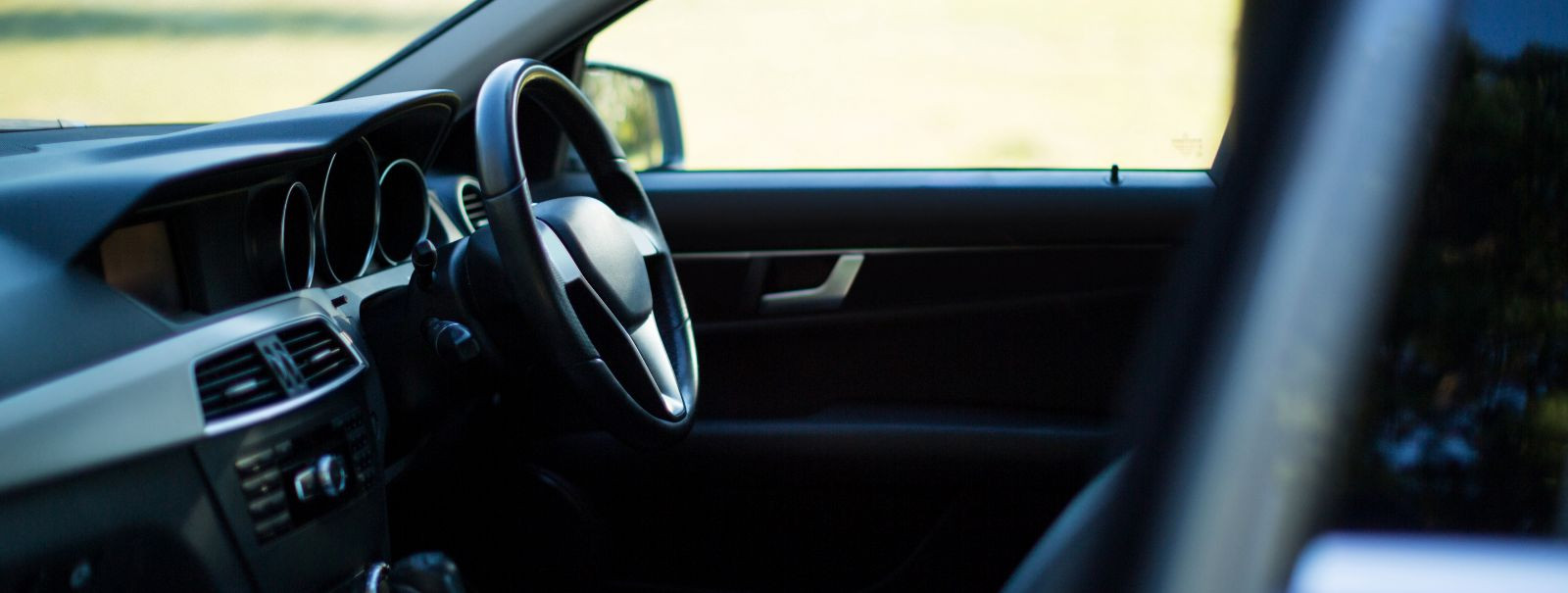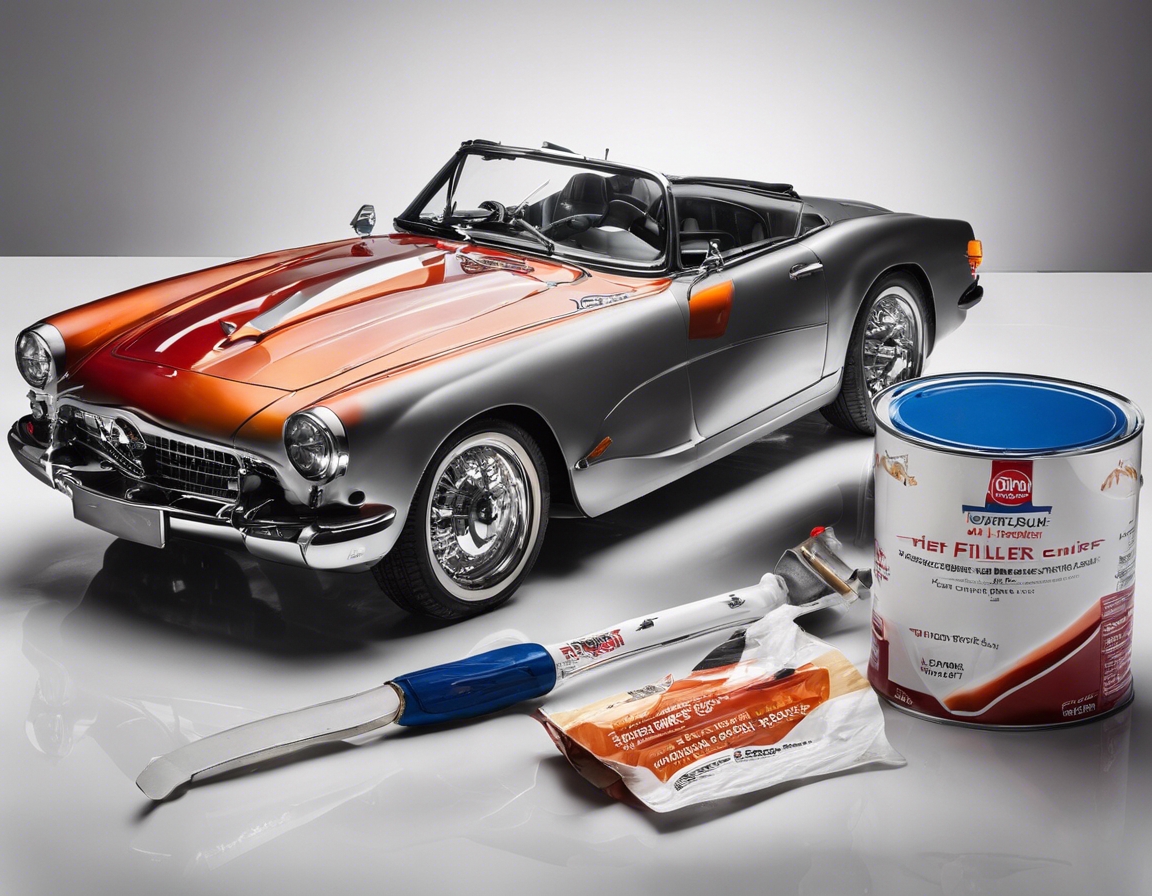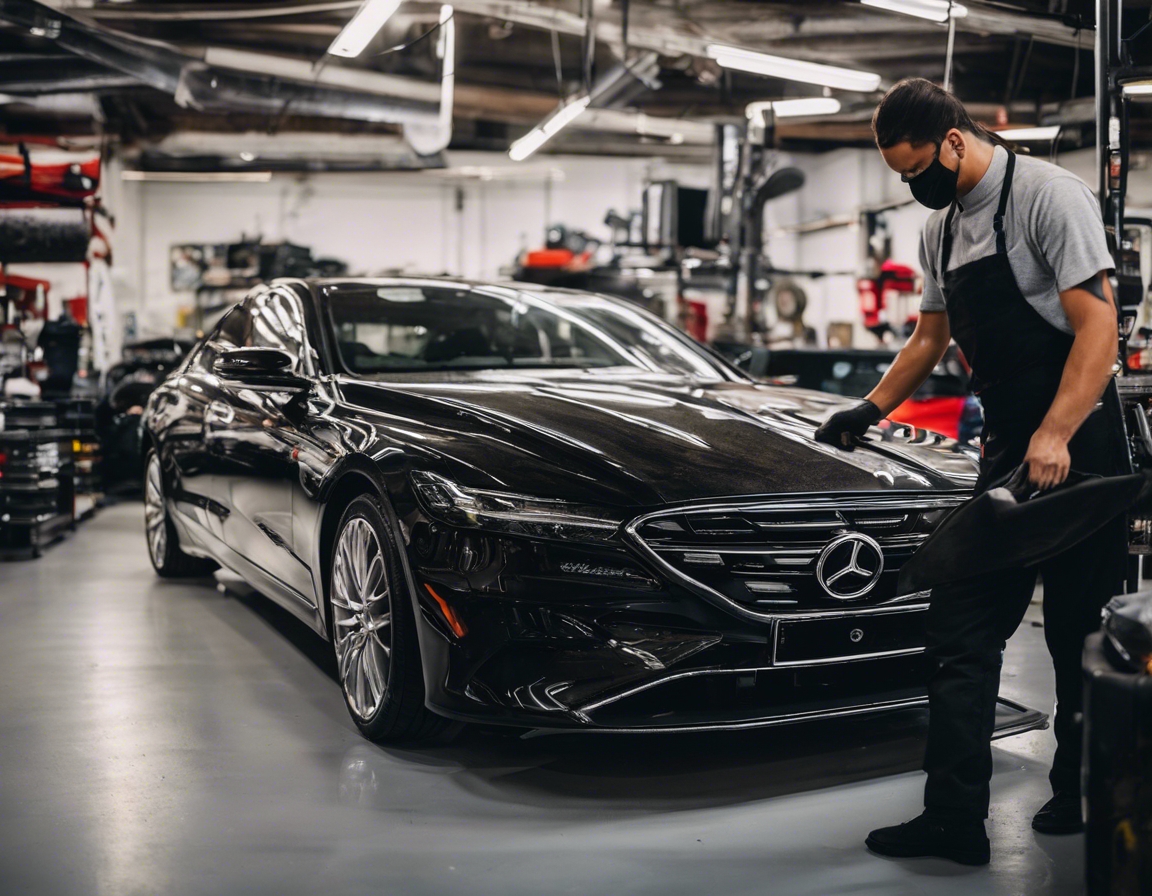The ultimate guide to preserving your car's bodywork
For many vehicle owners, a car is more than just a means of transportation; it's a passion project, a reflection of their personality, and often, a significant investment. Preserving the bodywork of your car is crucial not only for maintaining its aesthetic appeal but also for ensuring its longevity and resale value. In this guide, we'll explore the essential steps and best practices to keep your car's exterior in pristine condition.
Before diving into preservation techniques, it's important to recognize the enemies of your car's exterior. Environmental factors such as UV rays, salt, bird droppings, tree sap, and road debris can all contribute to the deterioration of your car's paint and bodywork. Regular exposure to these elements without proper care can lead to fading, oxidation, and rust.
Regular Maintenance for Car Bodywork
Regular washing is the foundation of car bodywork preservation. However, it's not just about splashing water and soap; it's about using the right techniques and products. For instance, using a pH-neutral car shampoo and washing in the shade can prevent water spots and soap stains. Additionally, employing a two-bucket method can minimize the risk of scratching the paint with debris.
Waxing your car provides a protective layer that repels water, dirt, and UV rays. It's recommended to wax your car every three to four months, depending on the climate and your car's exposure to the elements. Choosing the right type of wax—be it carnauba or synthetic—is also essential for optimal protection.
Scratches and dents are not just unsightly; they can also be gateways for rust if left untreated. For minor scratches, a scratch remover or a touch-up paint pen can do the trick. For larger dents and scratches, it may be best to seek professional help to ensure a flawless finish.
Advanced Protection Techniques
Paint protection films (PPF) are a great investment for those looking to provide their car with the ultimate shield. These clear films are applied to the car's body, protecting it from scratches, chips, and stains without altering the appearance of the paint.
Ceramic coatings offer a long-term solution for protecting your car's paint. They create a hard, hydrophobic surface that is resistant to chemicals, heat, and UV rays. While more expensive than traditional waxes, ceramic coatings can last for years with proper maintenance.
Rust is the arch-nemesis of car bodywork. To combat rust, it's important to address any chips or scratches promptly and consider additional protection like rust-proofing sprays or electronic rust protection systems, especially if you live in an area with harsh winters or near the ocean.
Professional Services and When to Use Them
Detailing services can range from basic cleaning to full paint correction and protection packages. When selecting a detailing service, look for reputable professionals who use high-quality products and can provide tailored solutions for your car's needs.
Paint correction is a process that removes imperfections from the car's paintwork, such as swirl marks, scratches, and oxidation. This service is best left to professionals, as it requires precision and expertise to avoid damaging the paint.
Professionals can offer advanced rust prevention treatments, such as undercoating and cavity waxing, which provide an extra layer of protection against corrosion. These treatments are particularly beneficial for vehicles frequently exposed to moisture and road salt.
DIY Tips for Car Bodywork Care
For minor bodywork issues, there are several DIY solutions that can help. For example, a mixture of baking soda and water can be used to clean off stubborn grime, while a dab of toothpaste can help buff out light scratches.
Investing in the right tools and products can make DIY car bodywork care much easier. Microfiber towels, clay bars, and dual-action polishers are just a few examples of items that can help you maintain your car's appearance without professional assistance.






Comments (0)